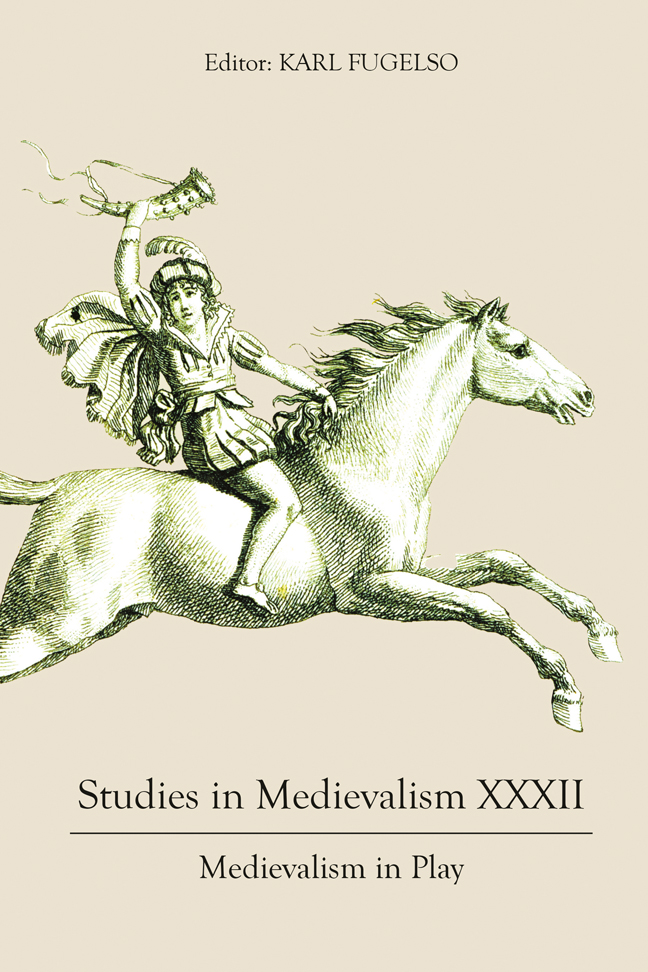Middle (Ages) Managers: Crusader Kings III as Medievalist Managerialism
Published online by Cambridge University Press: 12 January 2024
Summary
“How do I stop people from sleeping with my wives and daughters? My wives and daughters are constantly being romanced/seduced. I think only like 1/3 of my children are actually mine on like 4 different playthroughs.” “I am thinking of kidnapping the pope. Are there any advantages to doing this?” “My son and heir. He's a decent guy. I married him off to another family. Now I am looking to kill him for two reasons: 1) He is ugly. Don't want ugly grandkids. 2) I’m trying to **** my sons wife. How can I kill my son? It won’t let me because ‘Patraic iS YoUR cHiLd’.”
All of these questions were posed on the Steam Community forums as players confronted the myriad possibilities offered them as they played the medieval-dynasty computer game Crusader Kings III (hereafter, CKIII). CKIII served as the third game in Paradox Software's series of medieval-dynasty simulators. Each game affords the player the opportunity to occupy the place of any number of historical figures and play a leading role in forging a family dynasty potentially lasting hundreds of years.
I would like to thank Esther Cuenca, my colleague at the University of Houston-Victoria, for her feedback on an earlier version of this essay.
Historian Andrew Elliott has argued that students of medievalism must attend to video games, as many popular titles use the medieval as the setting for gameplay. He suggests that scholars should carefully consider what games about the Middle Ages offer players and what this offering might tell us about the past in ways that transcend the time period the game is mediating.
This essay takes up Elliott's question by arguing that CKIII represents medieval organizations through the lens of a twenty-first-century management ideology called “managerialism.” Managerialism stresses efficiency-motivated control over a chaotic material and social world via the application of instrumental rationality in and through organizations. It emphasizes a standardized homogeneity towards organizations, managers, and solutions to organizational problems. By imposing this managerialism on organizations in the Middle Ages, CK III's mediation of the past implies that its managerialism is ahistorical and applicable not only to the medieval, but across history itself.
- Type
- Chapter
- Information
- Studies in Medievalism XXXIIMedievalism in Play, pp. 51 - 72Publisher: Boydell & BrewerPrint publication year: 2023

